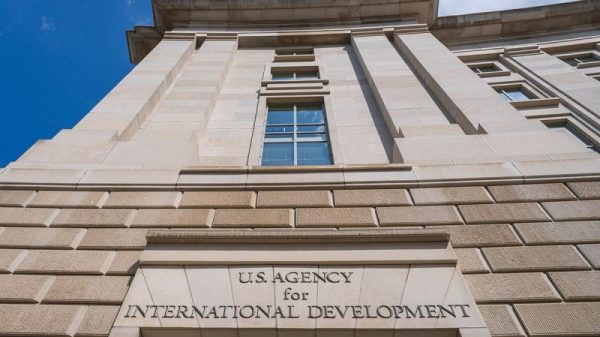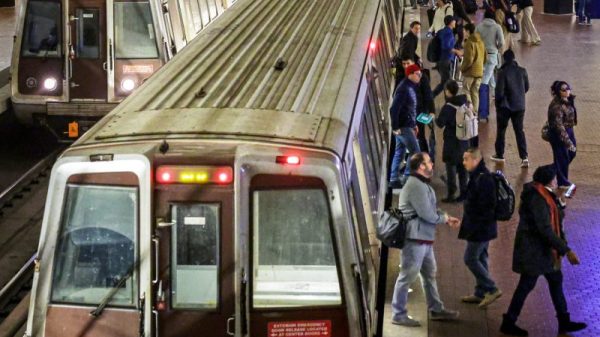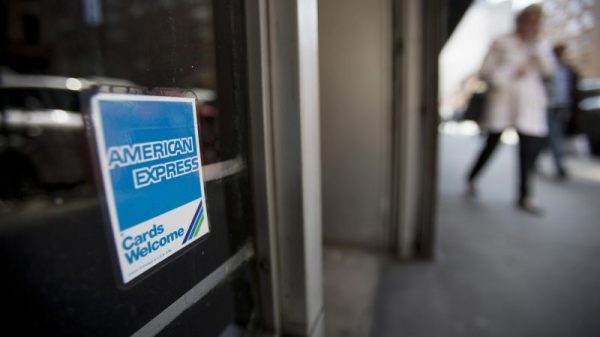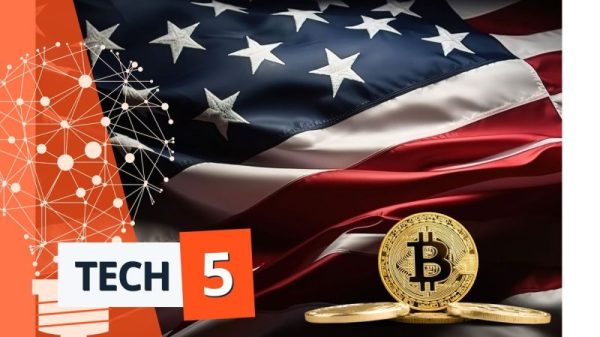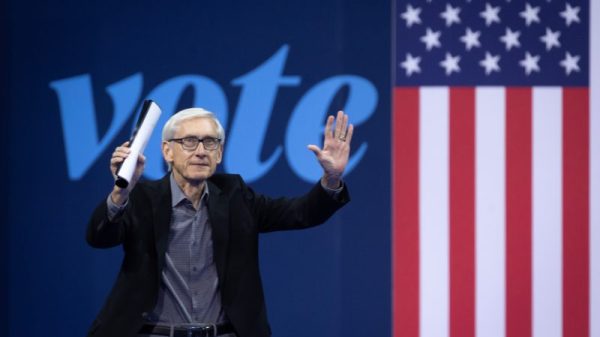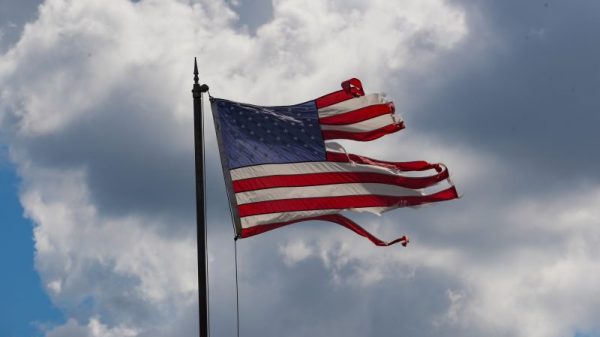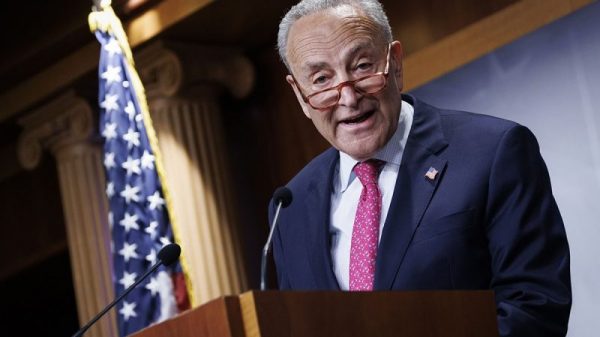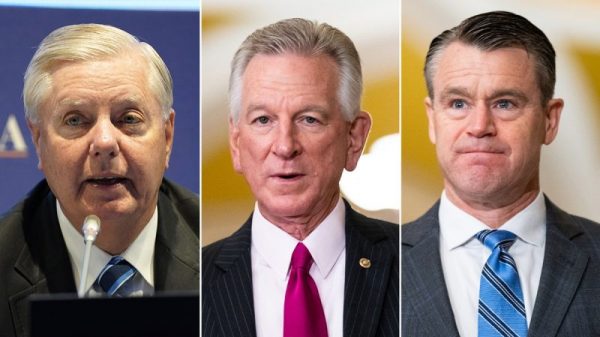Qualyn Margain consulted with their children and decided to skip Thanksgiving this year.
Margain, a life insurance agent and barista based in Seattle, told NBC News the savings from skipping a Thanksgiving feast will let their family more comfortably celebrate Christmas along with the childrens’ birthdays, which also fall over the end-of-year holidays.
Challenges like rising rents and higher food prices made marking every holiday impractical this year. There will also be slightly fewer toys and more essentials this season, they added.
“Everything is just too expensive, and you have to work twice as hard to survive in a less enjoyable way,” Margain said. “We’re just going to have a normal, relaxing day, and that way we are going to have the ability to do Christmas.”
Margain is just one of many shoppers who are trying hard to make their dollars go further this season. There are some indications the holiday shopping period got off to a slow start ahead of Black Friday on Nov. 24.
Consumer spending is responsible for about 70% of all economic activity in the U.S., and consumers have continued to spend at a surprising pace despite the upheaval of the Covid-19 pandemic.
But now, shoppers are getting squeezed by multiple factors at once. Rents continue to rise and housing prices are near record highs. The steep rise in interest rates over the last two years has pushed credit card rates much higher, and that has helped drive up credit card debt as well.
The pandemic-era student loan pause has finally ended, and the expanded child tax credit is long gone.
Most people have spent their Covid-era savings and stimulus cash as well, although people who have higher incomes have held on to more of those funds.
Just as important are changes in people’s spending habits. Ted Rossman, who covers credit and retail spending and consumer finance trends for Bankrate, said people are still shopping, but they’re less interested in traditional holiday gifts than they were in the past.
The effect is that holiday-season spending has just kept pace with inflation over the last couple of years, even as retailers have launched big promotions in October instead of waiting for Black Friday. Rossman says that’s likely to be the case again — and while retailers might find that disappointing, it’s far from a disaster for the economy.
“When we’re talking about physical retail, clothing, toys, a lot of the holiday favorites, a lot of those sales have been lackluster over the last year,” he said.
That has to do with the famous adage that millennials prefer to spend on experiences, like travel or concerts, instead of material goods. This hasn’t hurt overall consumer spending, but spending has shifted away from the holiday period.
The National Retail Federation, a trade group of retailers, says sales will rise 3% to 4% in November and December, to a total of around $960 billion.
The financial pressures on consumers have also caused credit card delinquency rates to rise over the last few years. In the third quarter, almost 3% of cards had late payments, according to the Federal Reserve. That’s the highest rate since 2012.
Lindsey Tallent told NBC News that she’s scaling back her holiday shopping after she unexpectedly lost her warehouse job this month. She said she’s picking up work when she can and looking for a new job, but she’s still had to make some difficult calls.
“I was planning a bunch of things. A lot of nieces and nephews I was hoping to buy for that I wasn’t able to buy for last year,” said Tallent, who lives in Washington state. “I’m going to buy gifts for my child who is still at home out of the two, and probably not friends or family beyond that.”
Similar strains have more people using buy now, pay later loans to make major purchases. Buy now, pay later, or BNPL, programs are short-term, zero-interest installment loans that allow customers to get items immediately and pay for them over time.
Adobe Analytics estimates consumers made $4.9 billion in purchases on those loans between Nov. 1 and Nov. 20.
According to a 2021 survey by the Consumer Financial Protection Bureau, the five leading firms in that business originated 180 million loans in 2021, an increase of 900% from 2019.
While retailers and shoppers have both found something to like in those loans, they still come with risks. Eden Iscil, public policy manager for the National Consumers League, a consumer advocacy group, said that the BNPL industry is new and regulated far less stringently than the credit card industry.
While banks and credit cards have to be strict about how much they let people borrow, Iscil said BNPL programs are less stringent and users are sometimes allowed to borrow more than they can afford. They can also be tripped up by items like unusual repayment periods, resulting in additional fees and damage to their credit scores.
“It’ll be concerning if we see consumers go beyond their means to pay for extra holiday shopping,” Iscil said.
Rossman agrees that it’s a bad time to overspend, as credit card interest rates are at all-time highs thanks to repeated interest rate hikes. Bankrate data shows the average interest rate on a card is now above 20%.
“People are being more thoughtful about their spending and being worried about the state of the economy,” he said.
There’s good news buried in there as well, Rossman says: Because inflation has come down and supply chains and inventory management have improved, shoppers will be able to find better deals in 2023 than they have in the last few years.
Qualyn Margain said they are looking for positives this season as well. While they’re not having friends over for Thanksgiving, they said they’ve seen a lot of people coming together via food and clothing swaps or mutual aid groups in response to the struggles of the season.
“I think it’s really beautiful how many people are coming together to support each other,” they said. “It’s really cool that the human spirit is so resistant.”
CORRECTION (Nov. 24, 2023, 5:43 p.m. ET) A previous version of this article misstated Qualyn Margain’s last name. It is Margain, not Morgan.



